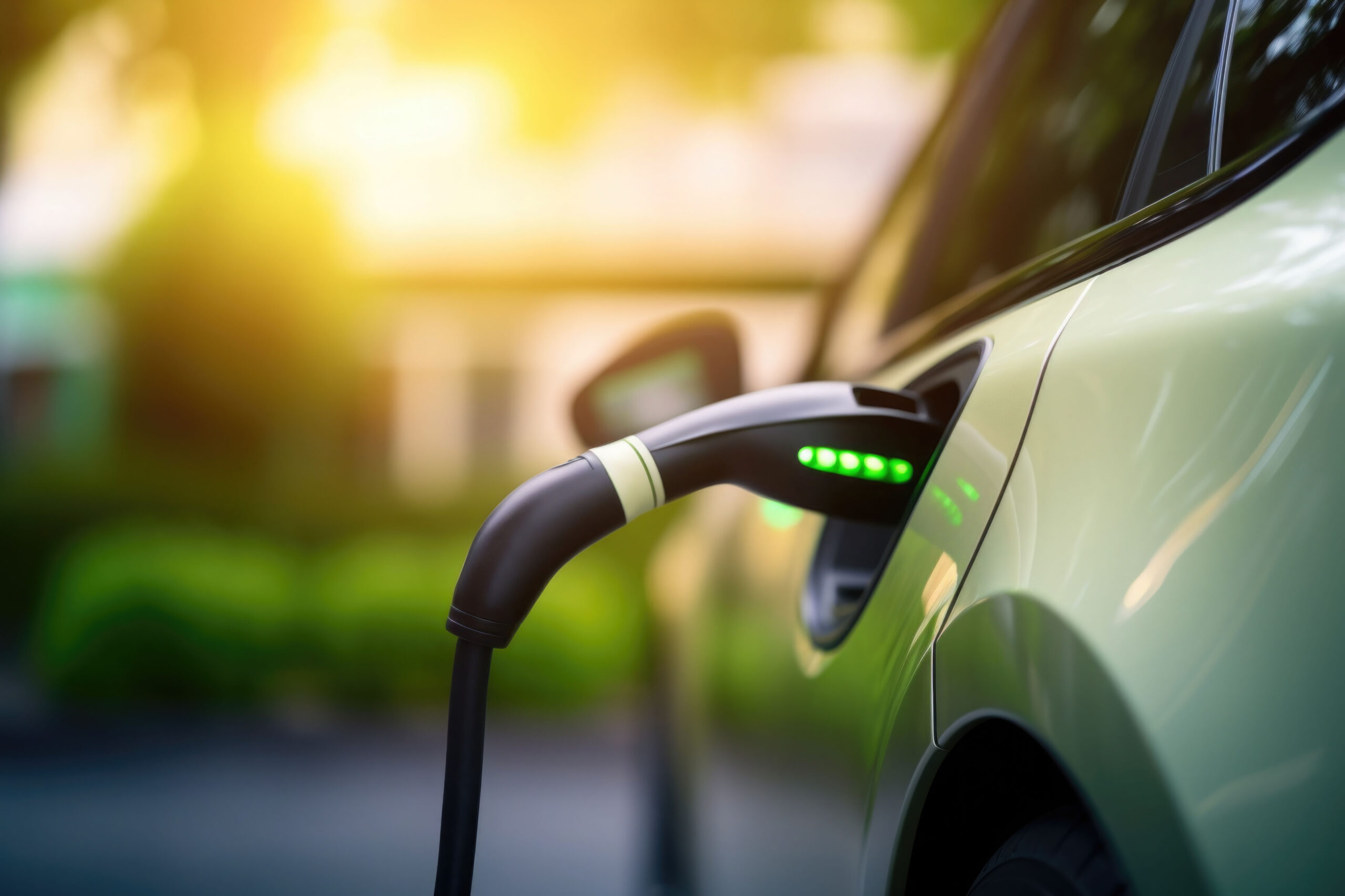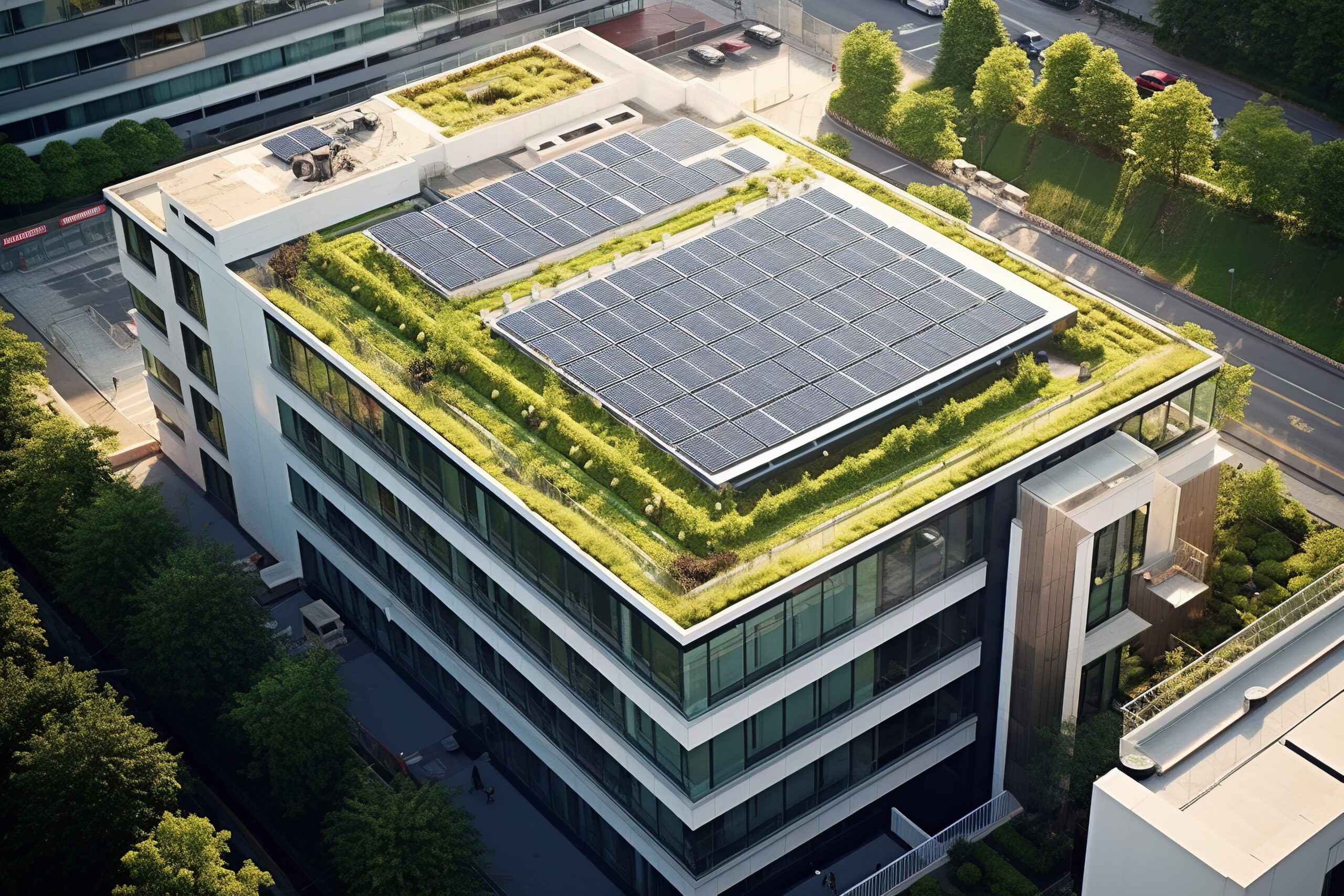
The Climate and Resilience Law: A greener framework for recovery
The Climate and Resilience Law, enacted in August 2021, is part of the French government’s national low-carbon strategy to support the “greening” of the country’s economic recovery. Aimed at accelerating ecological transition at national level, this law, stemming from the result of 146 proposals from the Citizens’ Convention on Climate[1], integrates the obligations that economic stakeholders will now be obliged to fulfill[2] to align themselves with French energy transition targets and ultimately achieve carbon neutrality.
Given the climate emergency, the French government is relying on the application of this law to improve air quality in major cities, increase the renovation of housing with support for households, and combat the concretization of soils. The text is structured around six main themes: Consumption, production and work, travel, housing, food, and strengthening legal protection of the environment.[3] A list that speaks volumes about the scale of the task. Here is an in-depth analysis.
Making energy renovation the central lever for the green recovery
Transposing the proposals from the Citizens’ Convention on Climate, the law aims to accelerate the fundamental transformation of society and its production system. Energy renovation is one of the levers of this ecological transition. The text provides for the eradication of “thermal sieves” (F- and G-rated housing with high energy-consumption[4] and poor insulation) by 2028, and support for low-income households to help finance the work. To encourage French people to renovate their homes, the government has earmarked a budget of €2 billion under the MaPrimeRénov operation[5], for which almost 500,000 applications have already been submitted.
The law also provides for a ban on owners of energy-intensive housing[6], representing a total of 4.8 million homes[7], increasing rent prices if energy renovation work is not carried out. In addition, from 2025 onwards, renting of G-rated housing will be prohibited, while F-rated housing will be permitted an additional three years. From 2034 onwards, it will be prohibited to rent out E-rated dwellings.
Strong support for renewable energy
The law sets the target of reaching carbon neutrality in France by 2050, which involves, among other things, prioritizing renewable energies. Consequently, their share of the energy mix should reach 33% by 2030. In particular, the law facilitates the sale and production of biogas injected into natural gas networks and sets new targets for the production and storage of hydroelectricity[8]. To achieve these goals, France will also have to reduce its consumption of fossil fuels by 40% by 2030, compared to 2012.
The government also plans to extend the obligation of installing photovoltaic systems or green roofs during construction work on commercial premises, large office buildings, and car parks. As for gas suppliers, they will be required to include a portion of biogas in gas sold.
From incentive to action: What impact will this have on companies?
Those in favor of the law see it as a new accelerator for the energy transition of companies and, ultimately, the country. In parallel to the change in legislation, this movement is demonstrated by Euronext’s recent introduction of the CAC 40 ESG (Environmental, Social, and Governance) index[9]. The new energy transition index brings together the 40 French companies deemed to be the most “responsible” on the stock market. These include three quarters of the CAC 40 companies. The aim is to more effectively identify companies that are actively contributing to a sustainable future in order to promote best practices in investment decisions.
Beyond the implementation of a framework encouraging the mobilization of economic stakeholders, the Climate and Resilience Law aims to accelerate economic recovery by supporting these stakeholders in their energy transition to limit the environmental impact of their business.
[1] Official Website of the Citizens’ Convention on Climate
[2] French Law no. 2021-1104 of 22 August 2021 on combating climate change and strengthening resilience to its effects
[3] Minutes of the Council of Ministers of 10 February 2021 | Gouvernement.fr
[4] Energy consumption greater than 330 kWh
[5] MaPrimeRénov’: “Nous avons été dépassés par notre succès”, Jean Castex (batiactu.com)
[6] La loi Climat votée et promulguée: un bilan en demi-teinte | Techniques de l’Ingénieur (techniques-ingenieur.fr)
[7] Study by the French Ministry for Ecological Transition “Le parc de logements par classe de consommation énergétique”, September 2020
[8] French Law no. 2021-1104 of 22 August 2021 on combating climate change and strengthening resilience to its effects
[9] Euronext inaugure l’indice CAC 40 ESG – Magazine Decideurs (magazine-decideurs.com)

